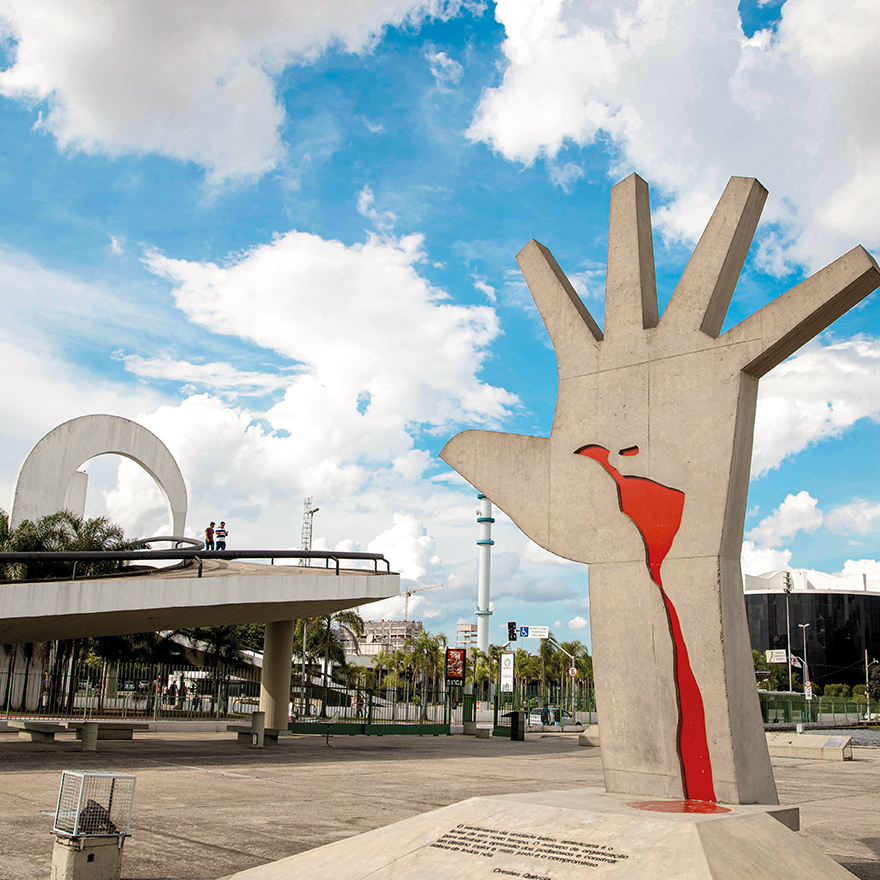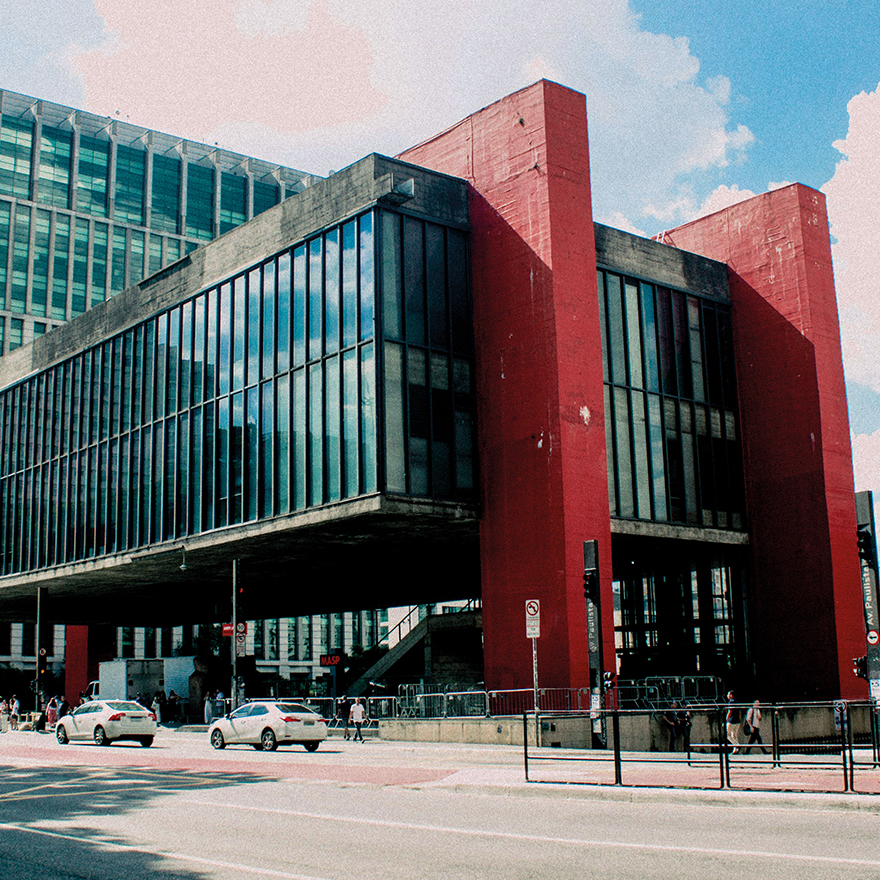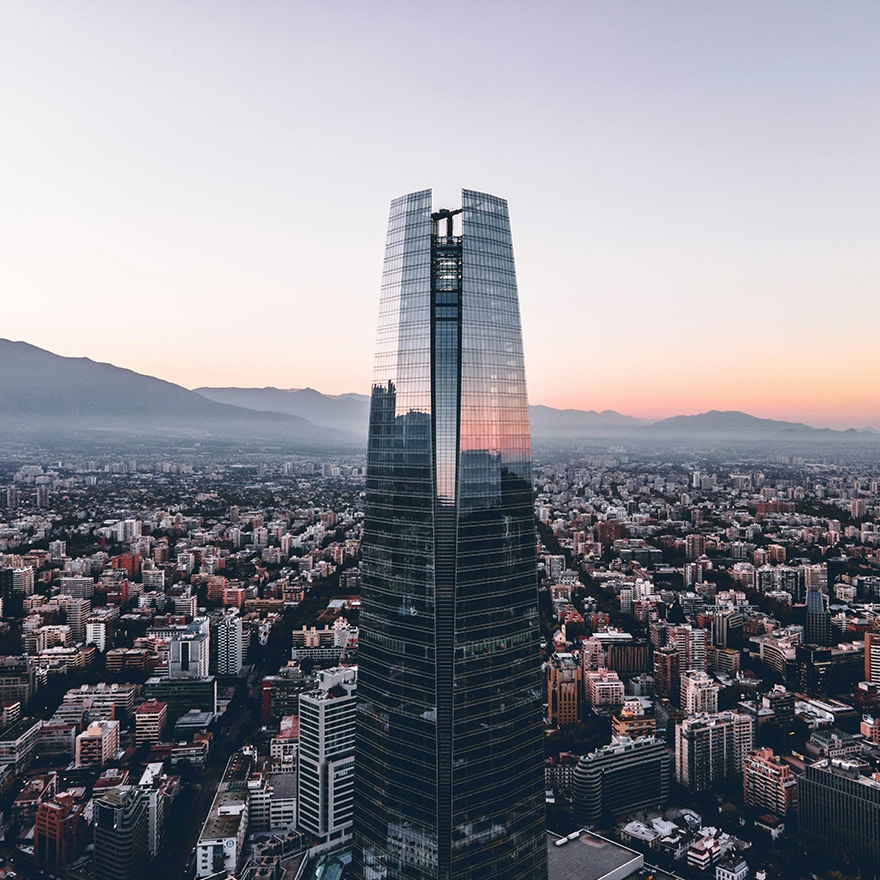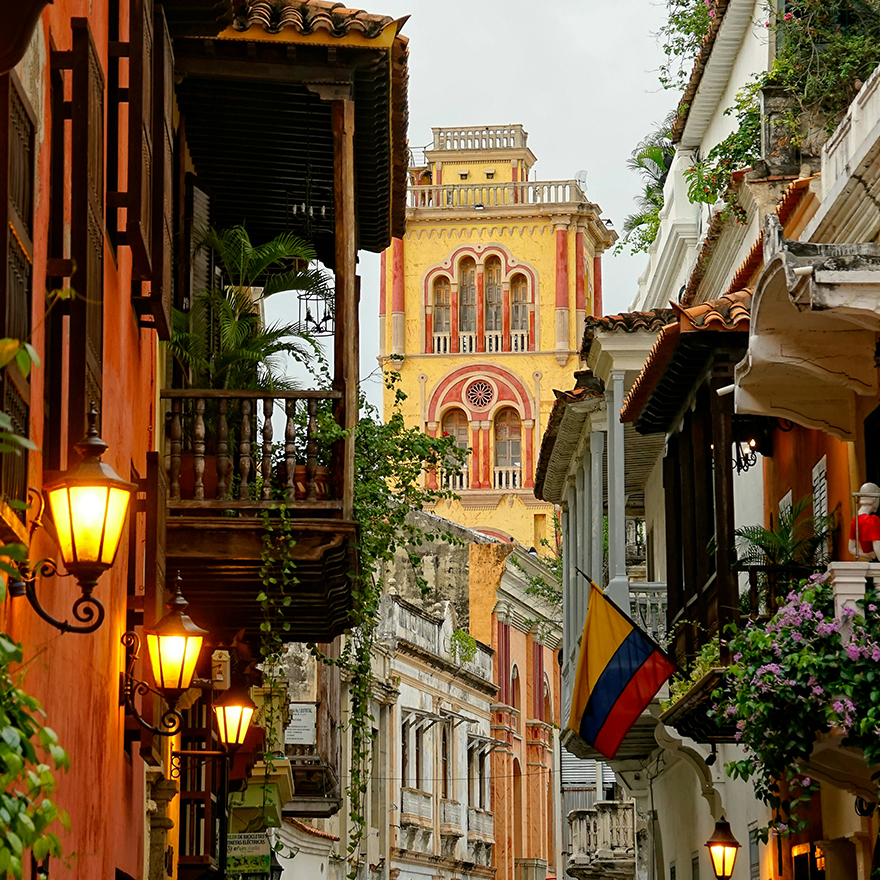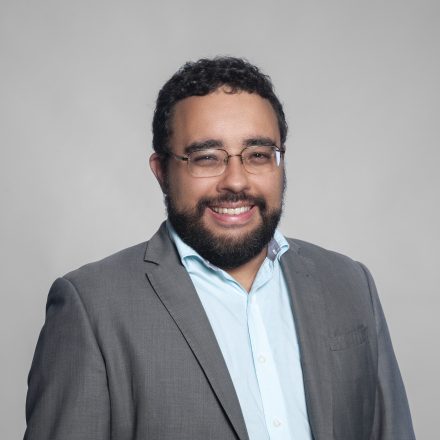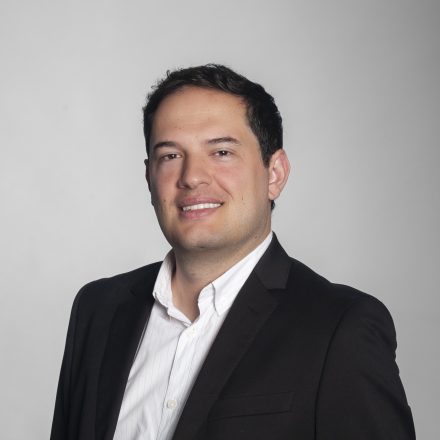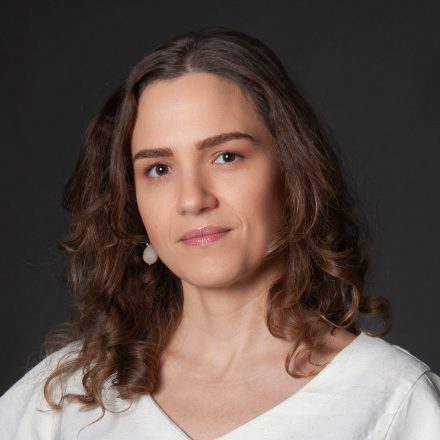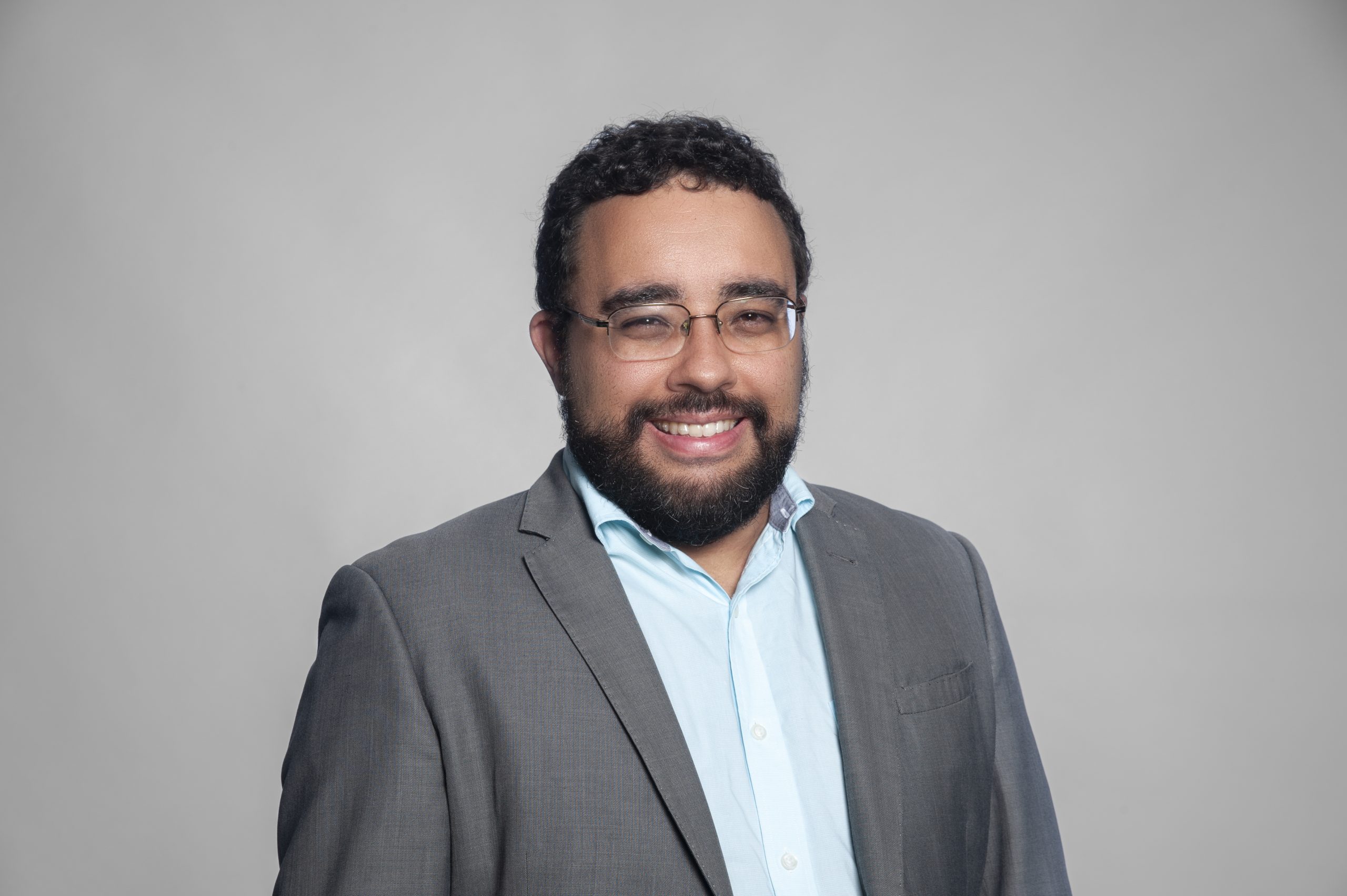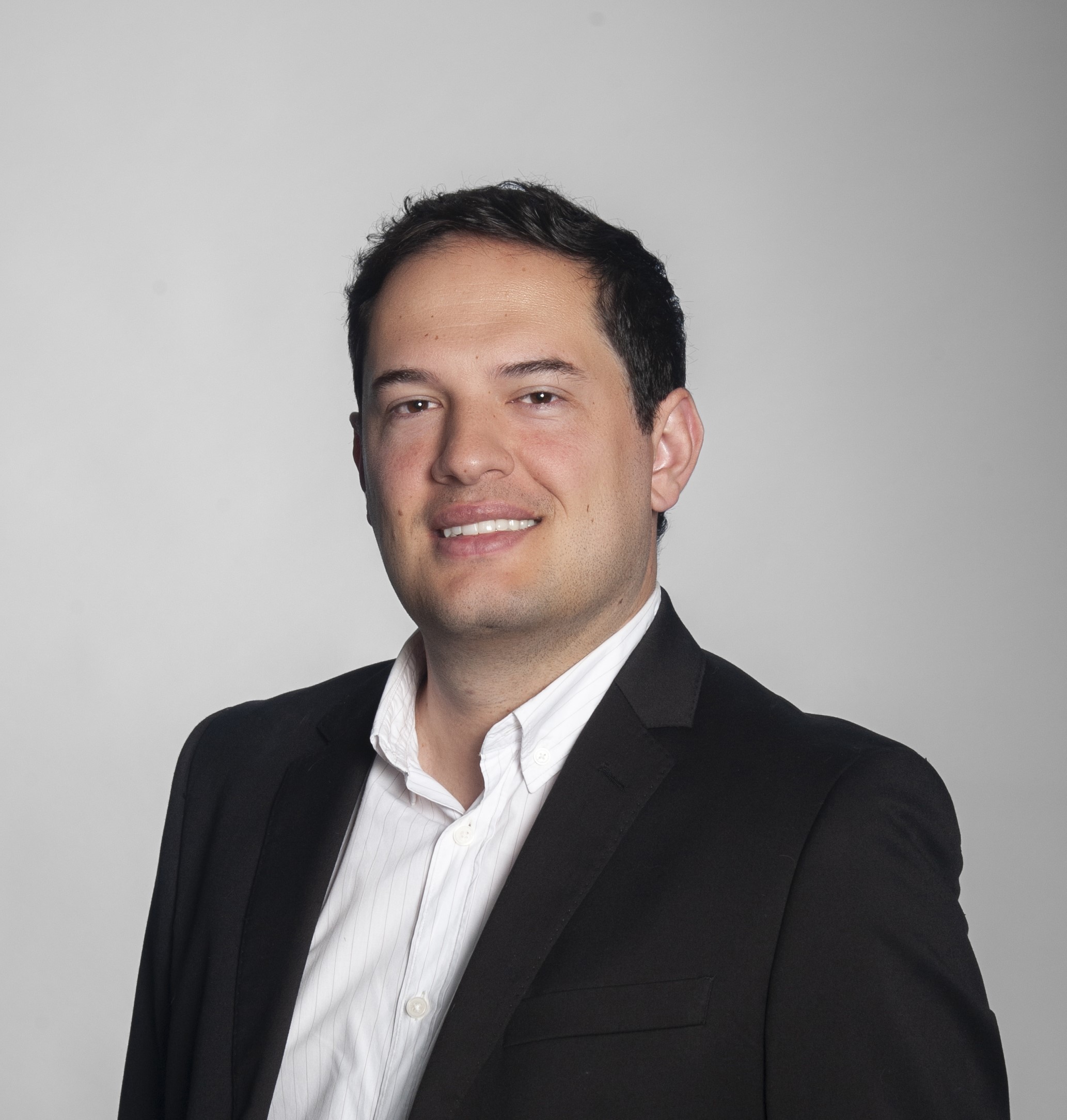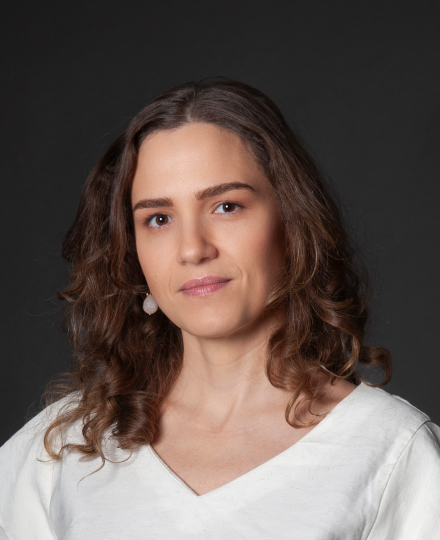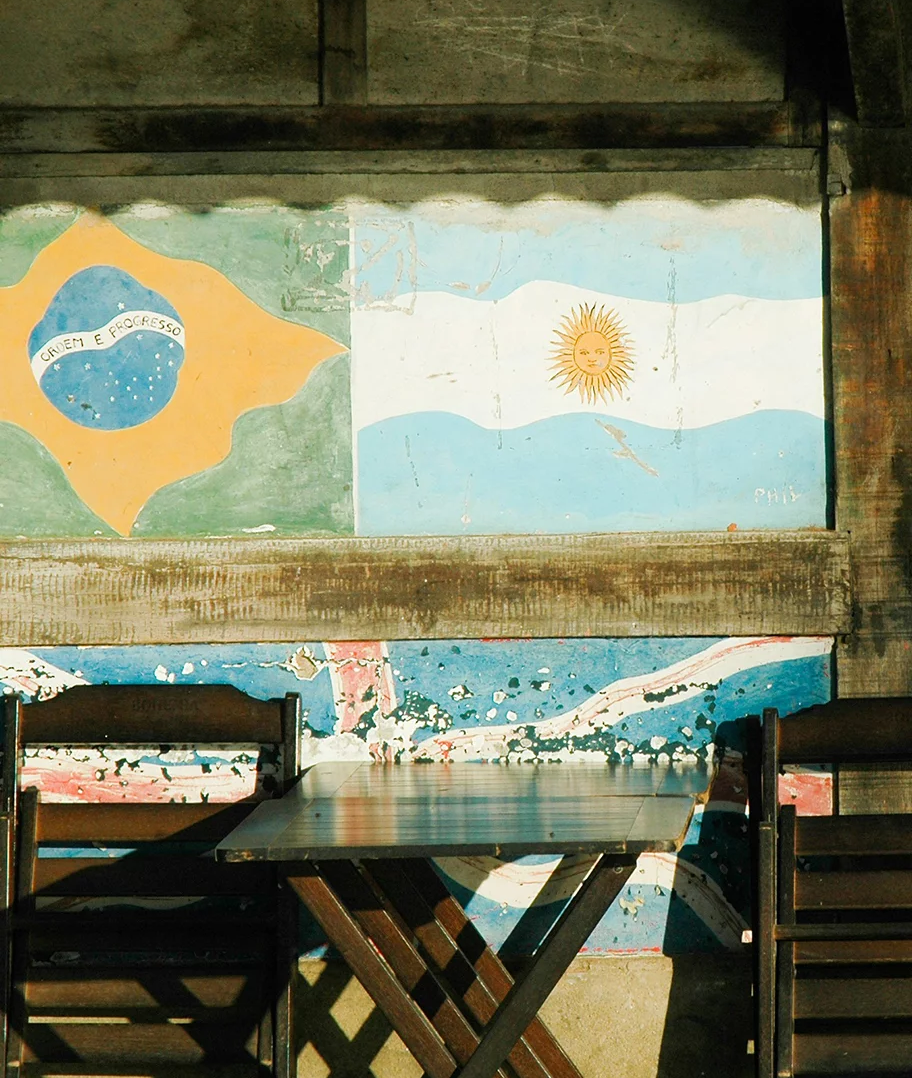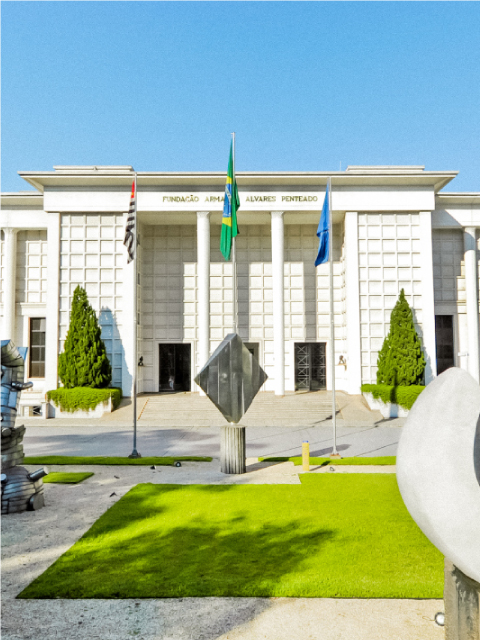Vinícius Guilherme Rodrigues Vieira é professor nos cursos de Economia e Relações Internacionais da FAAP desde 2019. Autor de “Shaping Nations and Markets: Identity Capital, Trade, and the Populist Rage” (Routledge, 2024), ele é co-chair do comitê de pesquisa em Economia Política Internacional da Associação Internacional de Ciência Política (IPSA) desde 2023, ano em que também passou a ser coordenador acadêmico do Centro FAAP-Jean Monnet para Tomadores de Decisão e Jornalistas, projeto apoiado pela União Europeia. Em 2015, concluiu doutorado em Relações Internacionais pelo Nuffield College, University of Oxford. Em 2010, obteve o título de Mestre em Estudos Latino-Americanos pela University of California, Berkeley. Já foi pesquisador visitante nas universidades Princeton (2016-2017) e Yale (2012) e é formado em Jornalismo pela Universidade de São Paulo (2007), onde atua como pesquisador associado desde 2014 e fez pós-doutorado entre 2015 e 2017.
Total Course Load
Minimum 39 ECTS- 23 American Credits
Maximum 60 ECTS- 34 American Credits
Next class: April 07, 2025
Register and secure your spot!
Postgraduate Degree in 8 months
Internship in Latam (in 12 months)
Postgraduate Course in Regional Studies Latin America
Postgraduate Course in Regional Studies Latin America
Master in Regional Studies Latin America
Examine the culture of Latin America from a broad, interdisciplinary perspective, combining basic cultural studies with advanced professional training. Improve ongoing training in Business, International Relations, Economics, Art and Culture, with a focus on Regional Studies on Contemporary Latin America.
Total Course Load
Minimum 39 ECTS- 23 American Credits
Maximum 60 ECTS- 34 American Credits
Next class: April 07, 2025
Register and secure your spot!
Postgraduate Degree in 8 months
Internship in Latam (in 12 months)
Total Course Load
Minimum 39 ECTS- 23 American Credits
Maximum 60 ECTS- 34 American Credits
Next class: April 07, 2025
Register and secure your spot!
Postgraduate Degree in 8 months
Internship in Latam (in 12 months)

Postgraduate Course in Regional Studies Latin America
